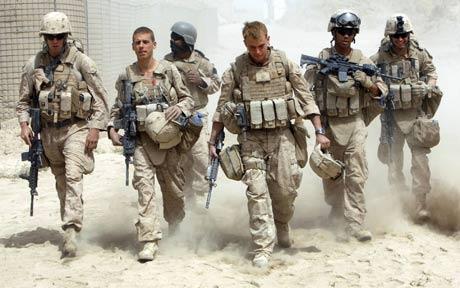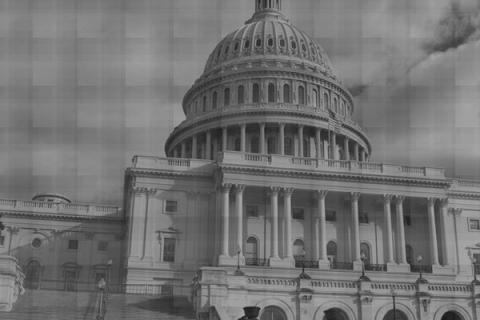Following the massacre of 16 Afghan civilians at the hands of a US Staff Sergeant, there has been much debate and talk about whether to pull out of Afghanistan at an earlier date. A recent Gallup poll found that half of Americans think the US should withdraw troops from Afghanistan faster than the end of 2014, as planned. Unfortunately for US, NATO and ISAF forces in Afghanistan, time seems to be running out on their mission and on their overall potential for effectiveness in the region.
The mission started on questionable terms already: bringing a Western basis for governance and operation to a country that is not of Western background with a long history of rejecting and removing foreign interlopers from their midst.
Since Alexander the Great, Afghanistan has pushed back and rejected imperialist cultures from moving in to conquer them. It has been culturally influenced by many over the centuries, but ultimately conquered by none to date; it's harsh landscape and battle-hardened people the cause of many an empire to collapse upon itself as they tried to subjugate this strategic territory.
The Bush administration, for their part, seemed to largely ignore or remain ignorant of this facet of history as they rolled in across the countryside in late 2001. Else, they would probably never have attempted to bring Western democracy into the area and have it be implemented as such by relative outsiders to the political system . This speaks volumes to a lot of the issues that American, and other Western powers have when conducting themselves with other people, dating as far back as the colonial period, to Alexander the Great and his conquest of Egypt and Persia.
The implications of these events, the massacre and the second Quran burning have still yet to be fully realized. However, it does not bode well for American-Afghan relations in the future, nor does it bode well for American relations with the larger Muslim world. We live in the shadow of history, but there are always opportunities along the way to change the shadow under which we live. If we are cognizant and willing to do so, we can do something differently for our own sake and for our own benefit. Obama and his administration have that opportunity now to make amends and to redact the imperialistic trend in American history, which goes as far back as Manifest Destiny and, indeed, the founding of our colonies.
However, the greater portion of American attention seems to be focused on how to get out of Afghanistan while still looking good to the American public.It is an election year after all, and it does not appear that President Obama or the members of his administration are tuned in to the bigger picture of events that seem to be unfolding in the world around them. Such is the way of politicians, otherwise, I do not believe that we would engage in these kinds of boon-doggles and try to undo things that we don't understand or do things that are impossible from the beginning.
For all our efforts and all our force of will, Afghanistan, like Iraq, is going to do what it is going to do, and it's going to do so within the cultural and temporal context of the day of which we do not control or have a say in. Who knows what that is going to look like, but doing something about it hasn't made a difference in the past. Ho Chi Minh won his Vietnam. The Iranians had their Shah removed. The Palestinians still haven't been pacified or placated, and we're nowhere near winning the military war against Islamic jihad.
As Americans we still haven't learned the lesson of empires. That is, there are none of them left to speak of in this present age. They've all died. I think what we're witnessing in Afghanistan, has the potential to be the death of the American Empire, depending upon what our current and future leaders choose to do in the present. We live in the shadow of history, but we'll still have opportunities to change the shadows, and commit ourselves to a different path. A change of course may prove to more beneficial for us in the present, and not in any kind of imagined or distant future.
Think about it.

